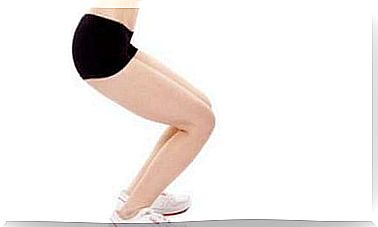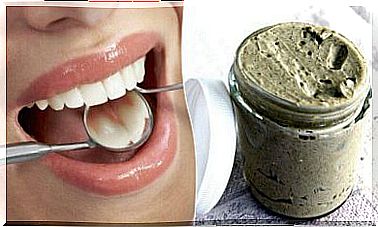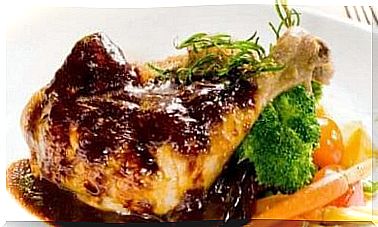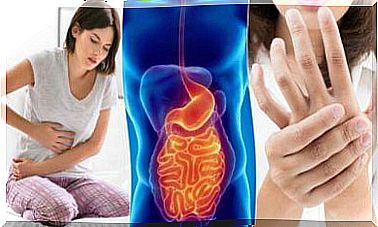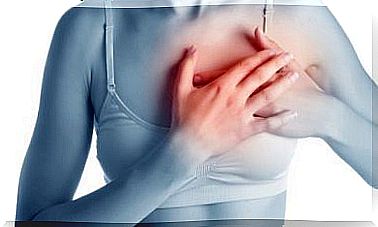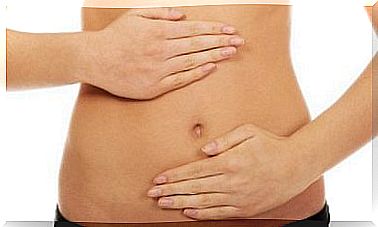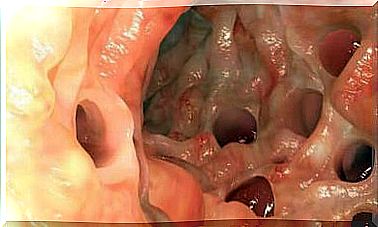The Importance Of Diet During Pregnancy
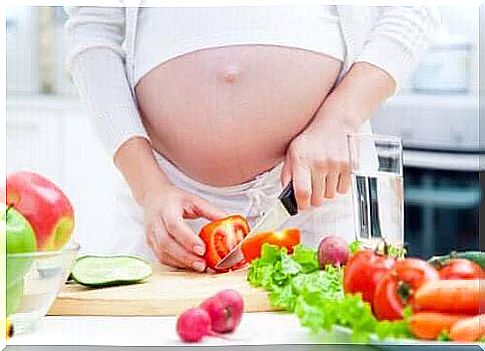
The importance of a healthy diet is emphasized during pregnancy when the nutritional needs of both the mother and the fetus are met. It is not a matter of increasing the amount of food eaten, but of choosing foods that meet the requirements of this stage.
Diet during pregnancy is one of the basic pillars:
- To meet the nutritional needs of the fetus.
- To meet the requirements of the mother’s body.
- To function in the synthesis of breast milk during pregnancy.
There is no need to eat in front of the two, as they say. Instead, you should make the right decisions about the amount and quality of nutrients you eat. The diet during pregnancy should respond to the new biological balance experienced by the new life-creating pregnant woman.
The importance of diet during pregnancy
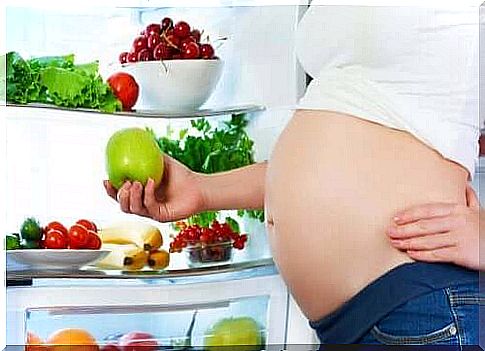
Diet during pregnancy is related to the health of the baby both inside the womb and after birth. Poor nutrition obtained at this stage can lead to, for example, premature birth or low birth weight.
Good nutrition affects not only the proper development of the fetus, but also the quality of the placenta. It also allows good energy levels to be maintained during and after childbirth, activates breast milk production, and prevents anemia.
Maternal obesity is associated with the risk of suffering from high blood pressure, liver disease or gestational diabetes, as well as having cesarean section. Children of obese mothers are likely to suffer from high birth weight and non-communicable chronic diseases (NCDs).
Every mother’s situation is different. It is therefore important to discuss specific nutritional needs with your doctor. The prescribed diet should ideally suit the tastes of the pregnant woman as well as the ability to obtain that food.
Essential nutrients
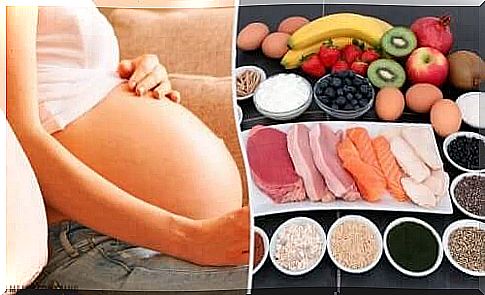
In general, the diet during pregnancy should follow this relationship:
- 15-17% should consist of proteins.
- Carbohydrates should cover 53% of a pregnant woman’s diet.
- The fat content should be 30%.
- Pregnant women should take vitamins and minerals in small amounts.
The essential nutrients therefore consist of:
- Carbohydrates. They practically produce energy. They are found in foods such as rice, pasta, whole grains, legumes, potatoes and fruits.
- About proteins. They greatly affect a baby’s development and birth weight. They also help the mother’s body, such as the womb and breast, to grow. Medical experts recommend eating 80 g of protein per day during the first trimester of pregnancy, 100 g until delivery and 120 g during breastfeeding.
- Of fats. Good fats protect the body, carry vitamins, participate in the formation of hormones and act as sources of energy. It is therefore advisable to consume a lot of unsaturated and only a small amount of saturated fats.
Other important nutrients
In addition to the essential nutrients, there are other foods that are important during pregnancy and that are practically made up of minerals and vitamins. They are:
- Calcium. Pregnant women should get at least 120 g of calcium a day. These needs should be met by eating four meals a day that contain milk, yogurt, cheese or cottage cheese. Calcium can also be obtained from whole grains, legumes and green vegetables.
- Iron. It is not necessary during the first trimester of pregnancy, but is quite important from then on. Pregnant women should get enough iron every day to prevent anemia and low birth weight. Your doctor will determine if you need to take a supplement.
- Other minerals. Doctors recommend eating foods that contain phosphorus so that the fetal bones develop properly. They also recommend the use of potassium and zinc to protect and promote nervous system development.
- Vitamins. A diet during pregnancy should consist of foods rich in vitamins A, B, C and D. All of these vitamins are involved in the development of various organs and functions in the baby’s body and in maintaining the biological balance of the mother’s body.
